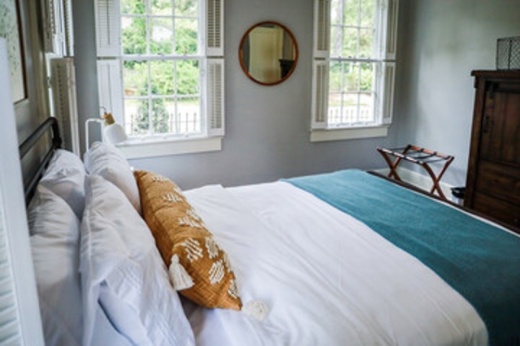According to www.govos.com, a short-term rental, or STR, is typically defined as a rental of any residential home unit or accessory building for a short period of time. This generally includes stays of less than 30 days, but the maximum length can vary depending on the state and jurisdiction in which the rental is located. In Fort Worth, STRs are residential properties available for rent for guest lodging for a period ranging from 1-29 days, according to city documents.
STRs exist in residential districts of Fort Worth where they are not allowed. If passed, the new ordinance would require several steps to be taken by the property owner to operate their dwelling as an STR, including paying an annual registration fee of $150 for the initial year and $100 per year for renewals, collection of hotel occupancy tax for the property, and ensuring a local responsible party be available 24/7 to respond to concerns at the property, according to the city website.
According to a Dec. 7, 2021, report to council, prior to 2018, short-term rentals were not defined, expressly allowed or listed in the city’s zoning ordinance and were treated as analogous to a hotel or motel use. In February 2018, council adopted an ordinance to provide a definition for short-term rental and amended the land use tables to indicate in which zoning districts STRs are allowed by right. Before passing the ordinance, STRs were only allowed in all mixed-use, commercial and industrial districts with a certificate of occupancy. STRs had not been allowed in residential districts.
Growing concerns about STRs complying with noise, trash and parking ordinances prompted the City Council to take action, according to the city website. The new ordinance also limits STRs to two persons per bedroom, plus two additional persons, with a maximum of 12 people staying in the property at one time. Renters would not be allowed to host events or parties, and only on-premise parking would be allowed. Advertising and operation of short-term rentals without registration would be prohibited, and registration may be revoked based on the number of violations cited to the property owner.
Fort Worth contracted with Deckard Technologies to identify STR activity within the city limits. On Aug. 2, 2022, Deckard Technologies produced a report showing, of the 633 STRs in operation, 565 were operating illegally. In District 4 and District 7, the two Fort Worth districts within Community Impact’s circulation area, 48 out of 49 and 145 out of 148 STRs were not allowed, respectively.
Deckard Technologies also stated in the report STR hosts took in an estimated $13.3 million dollars from August 2021 through July 2022. Based on a 9% occupancy tax rate, the estimated tax due to the city in that same time period was almost $1.2 million.
The city’s code compliance and financial management services departments are working together to procure a third-party service to register and administer legal short-term rentals. The scope of services will include identification, registration, compliance monitoring, hotel occupancy tax collection and customer service, according to a city website. If passed in its current form, the ordinance directs city staff to mail property owners a timeline for registration with a deadline of May 1.





